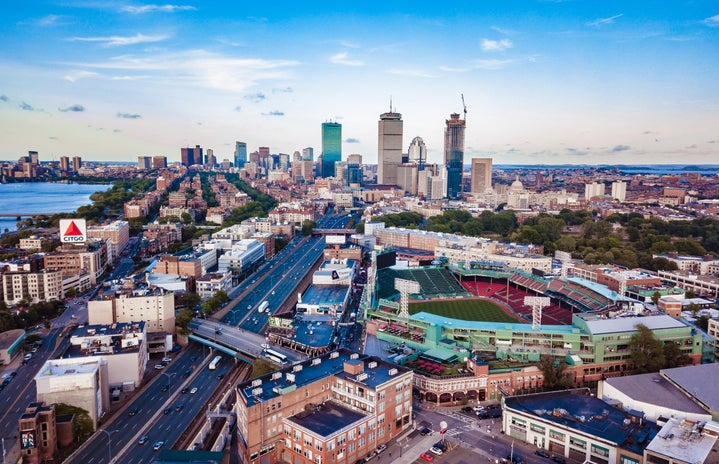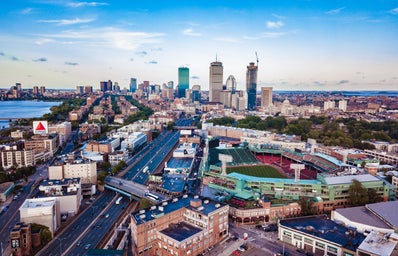Before the country chooses a president, voters must first select the candidates that will represent each party in the presidential election. In order to narrow down the field of potential nominees, states hold primaries. A primary is run by the state government and operates as a general election where voters cast ballots in secret.
https://c2.staticflickr.com/8/7691/16886296870_f73bb9bfa7_b.jpg
There are many types of primaries, but the most common are open, closed, semi-open, and semi-closed. In a state with an open primary, registered voters can vote for any party in the primary, regardless of their registered affiliation. On the other hand, voters must choose a candidate from their registered party in a closed primary. Semi-closed primaries function similar to closed primaries, the only exception being that undeclared voters can participate. Finally, in semi-open primaries, voters do not have to declare their affiliation, but must choose a party-specific ballot at the actual polls.
While most states use primaries there are ten, including Iowa, that use caucuses. A caucus is a much more time-consuming event that relies on discussion and arguments to choose a candidate. Upon arriving at a specific party’s caucus, participants divide into their candidate’s sections. A count is taken, and candidates are removed when they do not have enough participants to make their running viable. Participants from those disbanded groups hear arguments from the other candidates and reorganize before another count is taken. This continues until there is one clear winner. Because this is a type of voting that needs physical representation, there is no recourse for absentees.
https://c1.staticflickr.com/3/2253/2193544107_64f9b01ab0.jpg
Many consider Iowa, New Hampshire, Nevada, and South Carolina to be some of the most important primaries and caucuses as they occur first, influencing voters in other states. Following this comes the important date known as Super Tuesday, occurring this year on March 1st. 14 states hold their primaries on this date, Massachusetts being one of them. In 2008, 24 states held their caucuses or primaries on Super Tuesday.
A list of when each state or territory holds its primary can be found here.
There are numerous ways to vote in these primaries. In a number of states, if you are going to be 18 by the time the actual presidential election occurs, you can vote in the primaries. A list of these states and additional rules can be found here. In addition, as many college students cannot make it back to their home state in order to vote, students can request an absentee ballot. One should check with their state’s legislation in order to get the proper forms. Finally, the requirements to register to vote in Massachusetts can be seen here.


